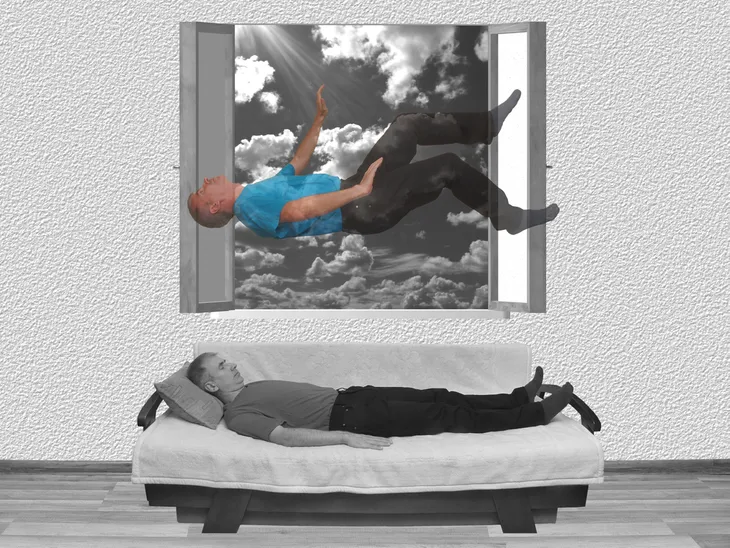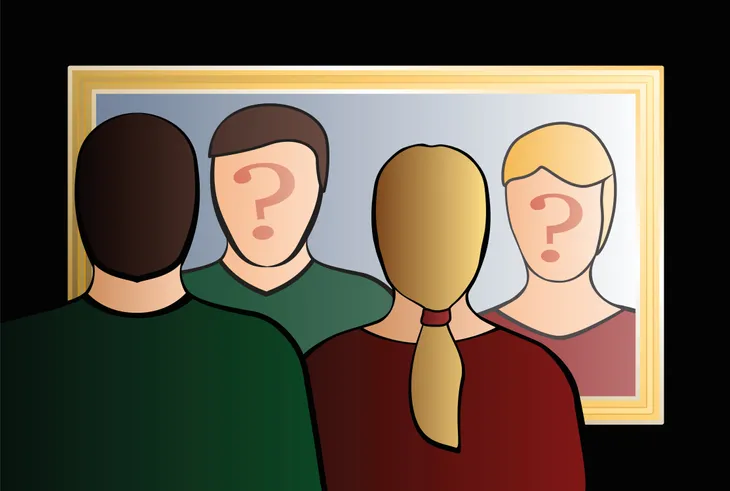Previously known as multiple personality disorder, dissociative identity disorder is a mental illness that often occurs due to exposure to extreme trauma during childhood.
According to WebMD, dissociation—“a mental process which produces a lack of connection in a person’s thoughts, memories, feelings, actions, or sense of identity”— is believed to be a mechanism to help the individual cope with the trauma they experienced. Dissociation can present itself in many different ways, however, and is often accompanied by other symptoms. The following are six signs of dissociative identity disorder to be mindful of.
Split Personalities
The primary symptom of dissociative identity disorder is the presence of two or more distinct personalities—their “core” personality along with alternate personalities referred to as “alters.”
As each “alter” is very different, the Mayo Clinic says they may have “a unique name, personal history and characteristics, including obvious differences in voice, gender, mannerisms and even such physical qualities as the need for eyeglasses.” Sometimes the personalities may be aware of one another, but this is not the case for everyone.
Lapses in Memory
A person with dissociative identity disorder will often experience lapses in memory, also known as dissociative amnesia, where they struggle to recall important personal information, people, places and everyday events.
The Cleveland Clinic says this can impact a person’s personal and professional relationships, as they may repeatedly meet people who seem to know them, but whom they do not recall meeting. Additionally, the individual “may find items around the home that she does not remember buying.”
Detachment from Self
Dissociative identity disorder can cause a person to feel as though they are living outside of themselves. The National Alliance on Mental Health says this may be like “watching a movie of yourself.”
They may feel as though they have a lack of control over their behavior, which often compels them to do things they wouldn’t normally do. According to WebMD, these acts may include “speeding, reckless driving, or stealing money from their employer or friend.”
Blurry Sense of Identity
People with dissociative identity disorder may have a blurry sense of their own identity. For example, they may feel like they are more than one person, referring to themselves in “first person plural (we) or in the third person (he, she, they),” says Merck Manuals.
Additionally, they may not recognize themselves when looking in the mirror. They may also “think that their body feels different (for example, like that of a small child or someone of the opposite sex) and that their body does not belong to them.”
Hallucinations
It’s possible for someone with dissociative personality disorder to experience hallucinations. Not only the voices of their other personalities, but of sight, touch, smell, or taste, which Merck Manuals says are often part of a flashback.
The source adds that these hallucinations are different than those experienced with other psychological conditions, as “people with dissociative identity disorder experience these symptoms as coming from an alternate identity, from inside their head, ” such as feeling like “someone else is wanting to cry using their eyes.”
Other Symptoms
People with dissociative personality disorder will often suffer from other mental health problems such as depression, anxiety and suicidal tendencies. They may also abuse drugs or alcohol, or struggle with eating disorders.
Is it not uncommon for the individual to have one or more sleep disorders such as insomnia, night terrors and sleepwalking. Additionally, they may also experience physical symptoms such as severe headaches or other aches and pains throughout the body.









